homemade dog food essentials
Homemade Dog Food Essentials
If you're thinking about making your own dog food, there are a few essentials you'll need to get started.
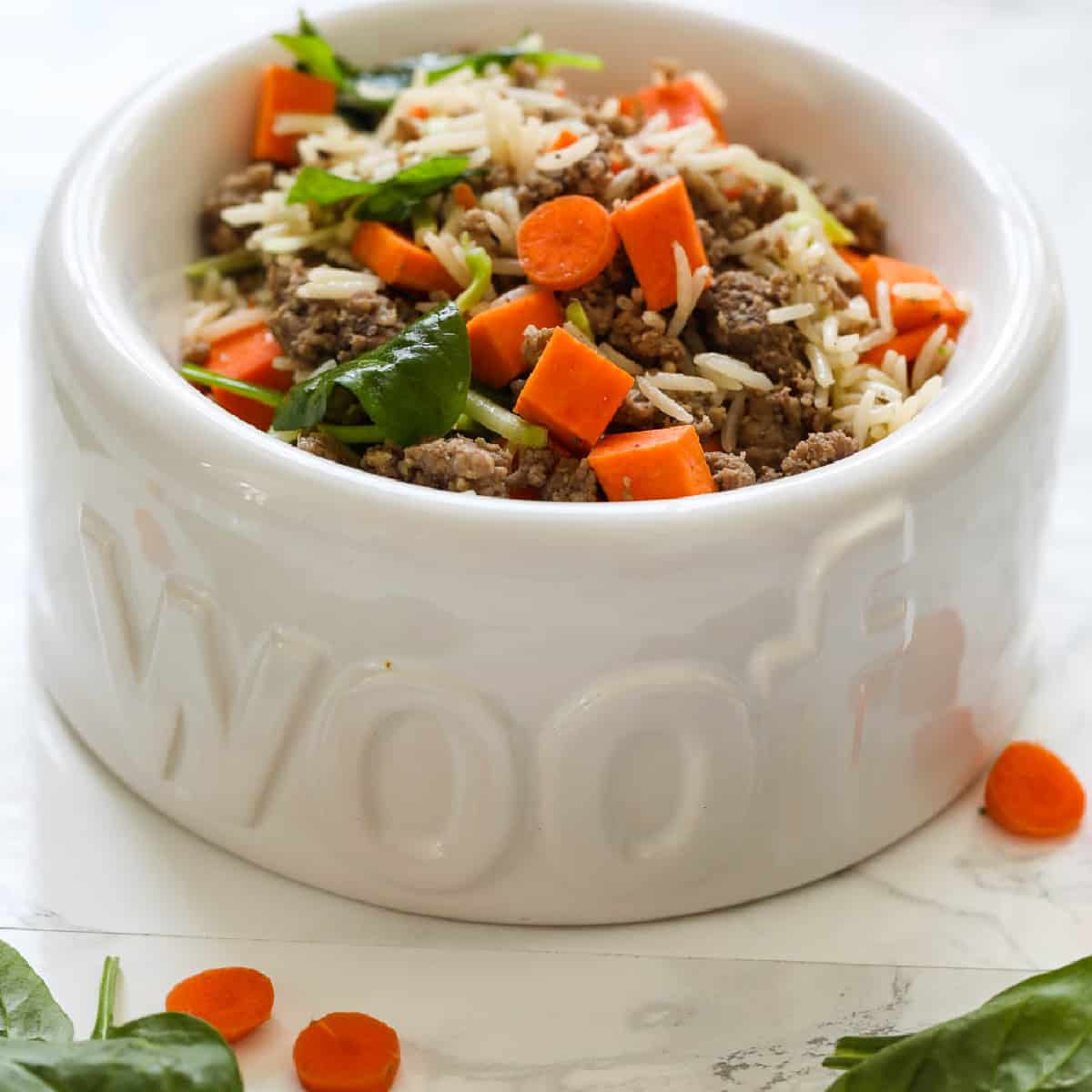
Ingredients
The most important ingredient in homemade dog food is meat. You can use any type of meat, but lean protein is best. Some good options include chicken, beef, lamb, pork, and fish.
You'll also need to include some carbohydrates in your dog's diet. Good sources of carbohydrates include rice, oats, barley, and potatoes.

Fats are also an important part of a dog's diet. They provide energy and help your dog absorb vitamins and minerals. Good sources of fat include olive oil, coconut oil, and butter.
In addition to these basic ingredients, you may also want to add some vegetables and fruits to your dog's food. Vegetables are a good source of vitamins, minerals, and fiber. Fruits are a good source of natural sugars and antioxidants.
Equipment

You don't need a lot of fancy equipment to make homemade dog food. The most important thing you'll need is a large pot or slow cooker. You may also want to have a food processor or blender on hand to help you puree vegetables and fruits.
Steps
Making homemade dog food is a simple process. Here are the basic steps involved:

- Gather your ingredients.
- Cook the meat and vegetables until they are tender.
- Mash or puree the vegetables and fruits.
- Mix the cooked meat and vegetables with the carbohydrates.
- Add any additional supplements or vitamins.
- Store the food in the refrigerator or freezer.
Storage
Homemade dog food can be stored in the refrigerator for up to 3 days or in the freezer for up to 3 months. When you're ready to feed your dog, thaw the food overnight in the refrigerator or in the microwave.

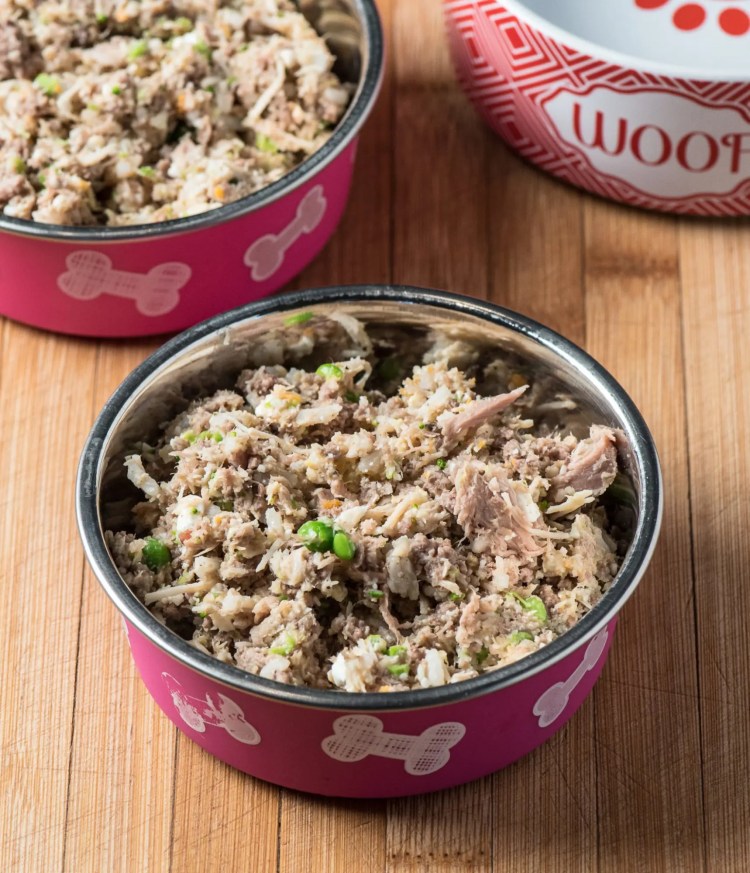
Tips
Here are a few tips for making homemade dog food:
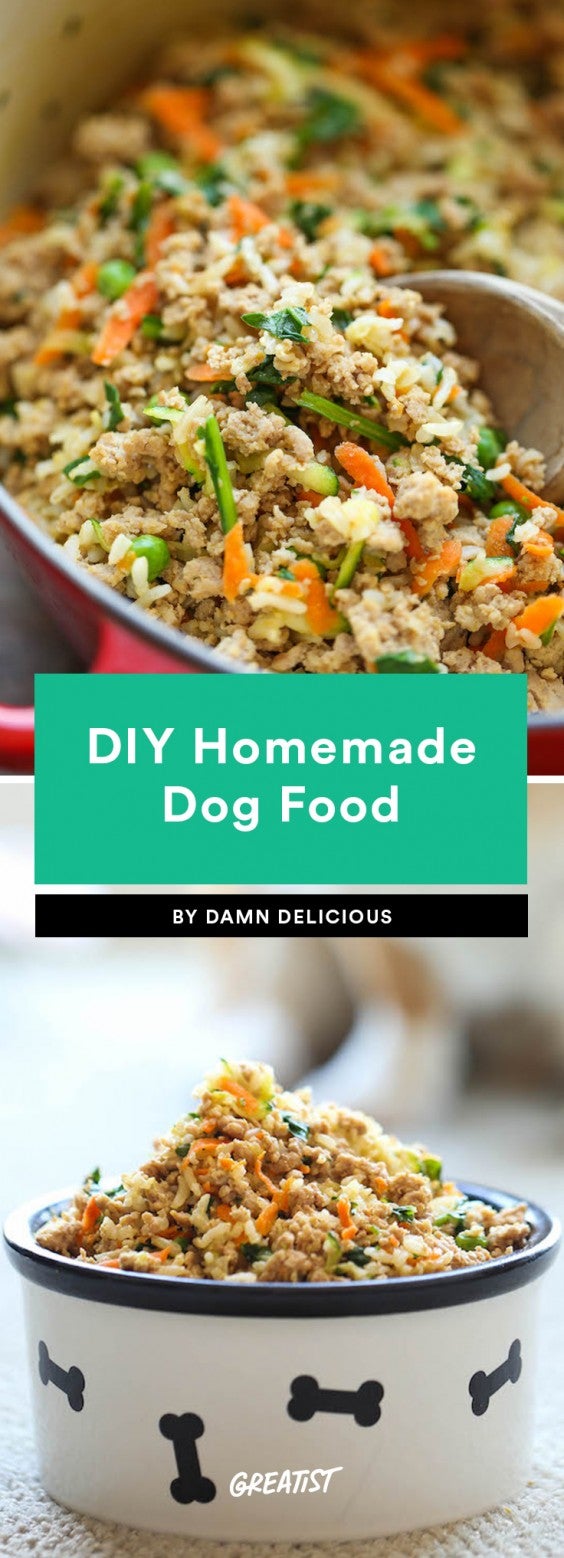
- Use fresh, high-quality ingredients.
- Cook the food until it is thoroughly cooked.
- Avoid adding salt, sugar, or other seasonings.
- Make sure your dog is getting the proper amount of nutrients.
- Talk to your veterinarian if you have any questions or concerns.

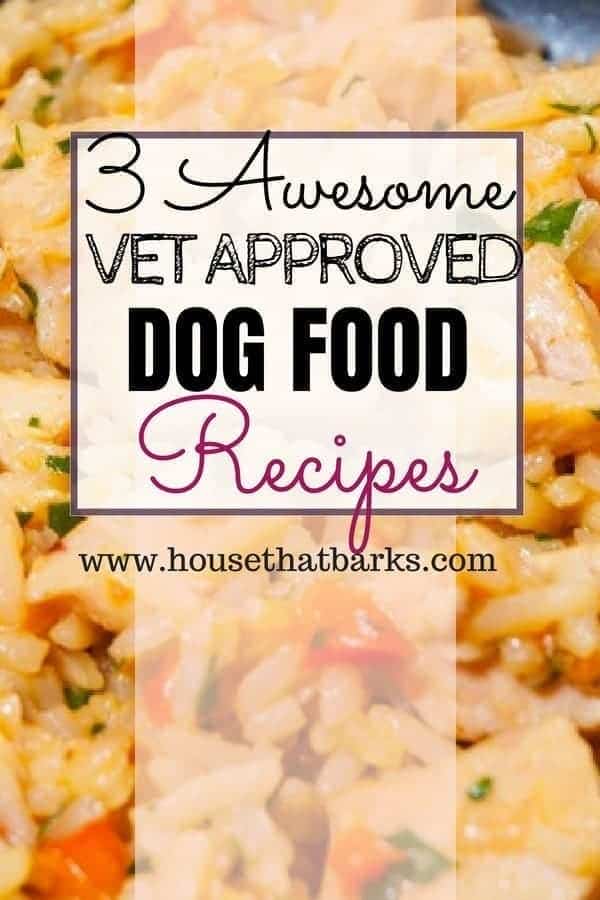
Benefits of Homemade Dog Food
There are many benefits to making your own dog food. Here are a few of the advantages:

- You can control the ingredients in your dog's food. This is important for dogs with allergies or sensitivities.
- You can make sure your dog is getting the proper amount of nutrients.
- Homemade dog food is often more economical than store-bought dog food.
- Making your own dog food can be a fun and rewarding experience.
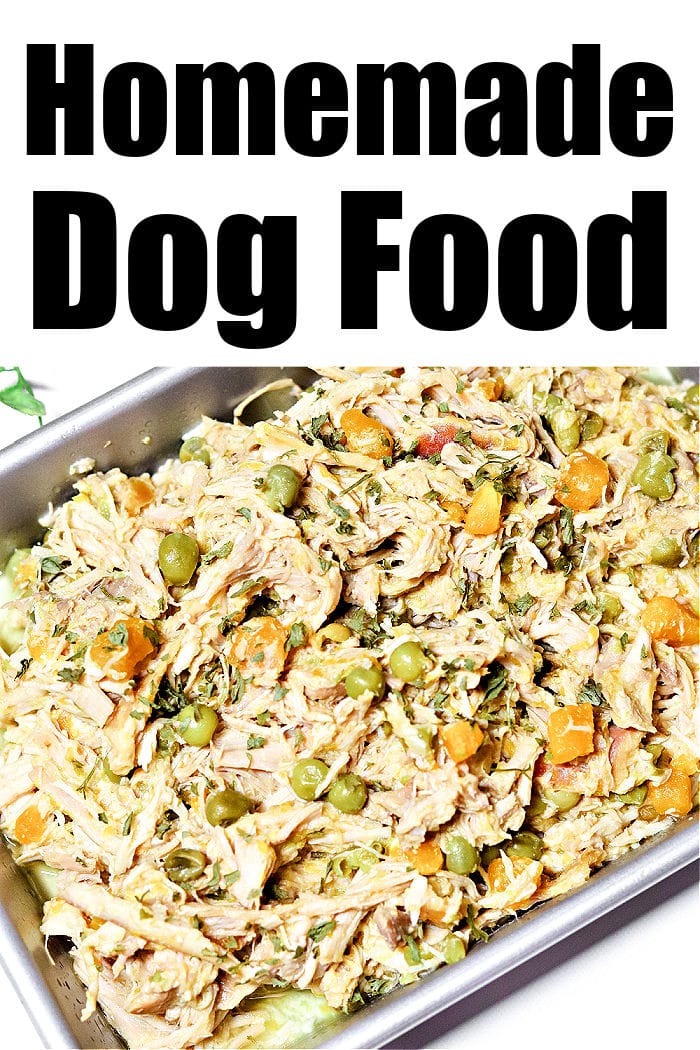

Conclusion
Making homemade dog food is a great way to provide your pet with a healthy and nutritious diet. With a little planning and effort, you can easily make delicious and wholesome food that your dog will love.

Here are some additional resources that you may find helpful:

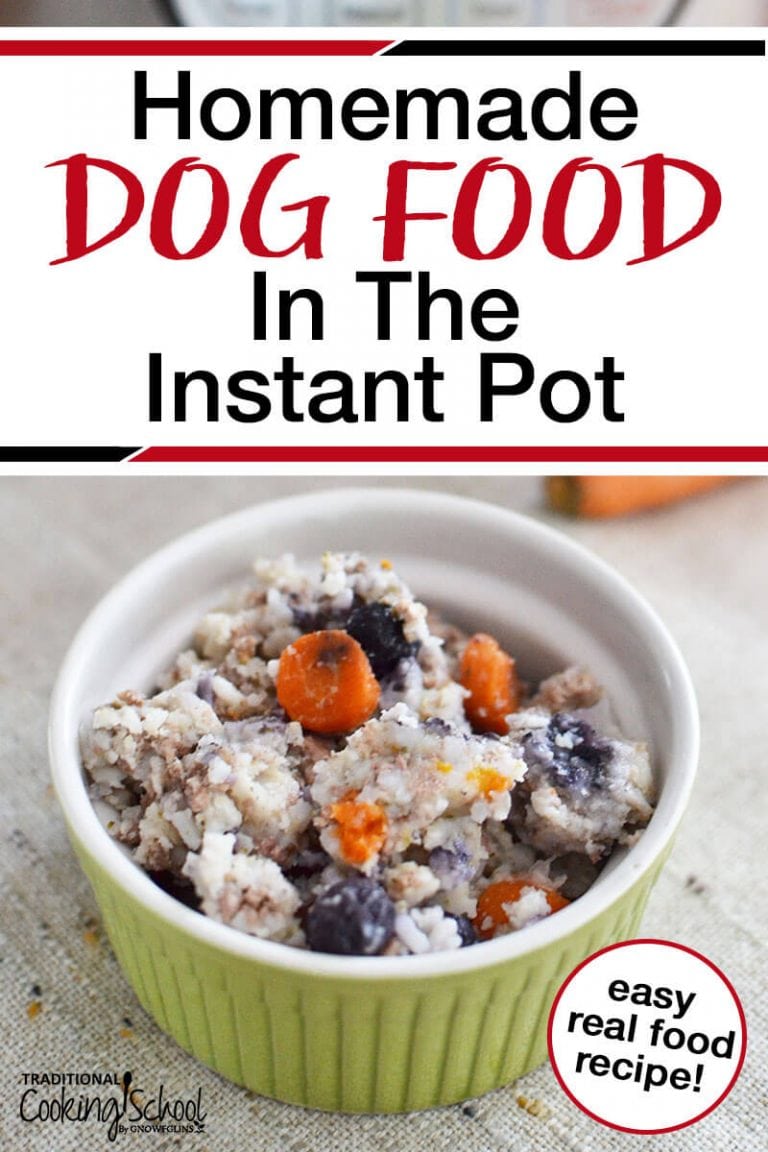
- The American Kennel Club's Guide to Homemade Dog Food
- The Humane Society of the United States' Guide to Homemade Dog Food
- The National Dog Groomers Association of America's Guide to Homemade Dog Food
Homemade Dog Food Essentials

Making your own dog food can be a great way to ensure that your pet is getting the nutrients they need, while also saving money. However, it's important to make sure you're using the right ingredients and following the proper safety precautions.


Here are the essential ingredients you'll need to make homemade dog food:
- Meat: This is the main source of protein for dogs, and it should make up the majority of their diet. Choose lean cuts of meat, such as chicken, turkey, beef, or lamb.
- Grains: Grains provide carbohydrates, fiber, and essential vitamins and minerals. Good choices include brown rice, oats, quinoa, and barley.
- Vegetables: Vegetables provide vitamins, minerals, and fiber. Choose a variety of vegetables, including leafy greens, carrots, broccoli, and zucchini.
- Fruits: Fruits provide vitamins, minerals, and fiber. Good choices include apples, bananas, blueberries, and strawberries.
- Oils: Oils provide essential fatty acids, which are important for your dog's coat, skin, and overall health. Good choices include olive oil, coconut oil, and fish oil.

In addition to these essential ingredients, you may also want to add some of the following extras to your dog's food:

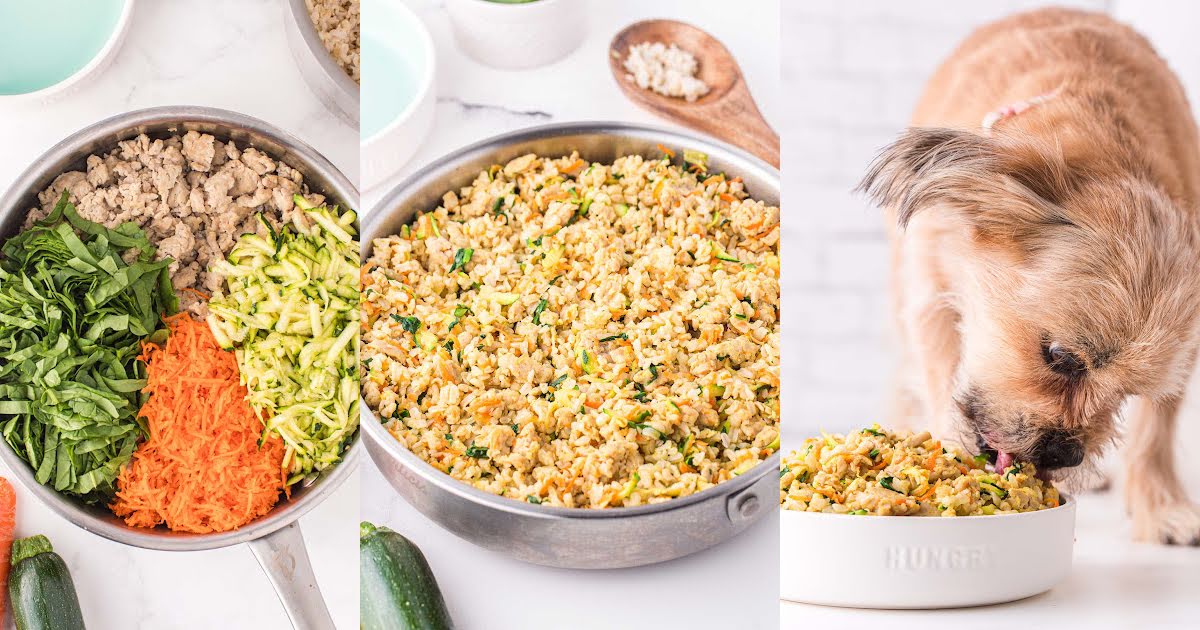
- Yogurt: Yogurt is a good source of probiotics, which can help to improve your dog's digestion.
- Eggs: Eggs are a good source of protein and other nutrients.
- Bone broth: Bone broth is a good source of calcium and other minerals.
- Kale: Kale is a good source of vitamins, minerals, and fiber.
- Pumpkin: Pumpkin is a good source of fiber and beta-carotene.
When making homemade dog food, it's important to follow these safety precautions:

- Use fresh, high-quality ingredients.
- Cook all meat and vegetables thoroughly.
- Store homemade dog food in the refrigerator or freezer.
- Do not feed your dog human food.
- Consult with your veterinarian before making any changes to your dog's diet.


By following these tips, you can make sure your dog is getting the nutrients they need from a healthy and delicious homemade diet.
Tips for Making Homemade Dog Food

Here are a few tips for making homemade dog food:

- Start with a basic recipe and then adjust it to your dog's individual needs. Some dogs may need more or less protein, fat, or carbohydrates than others.
- Use a variety of ingredients to ensure that your dog is getting a balanced diet.
- Cook all meat and vegetables thoroughly.
- Store homemade dog food in the refrigerator or freezer.
- Do not feed your dog human food.
- Consult with your veterinarian before making any changes to your dog's diet.
With a little planning and effort, you can easily make your own delicious and nutritious homemade dog food. Your dog will love the taste, and you'll be happy knowing that they're getting the best possible nutrition.

Resources


